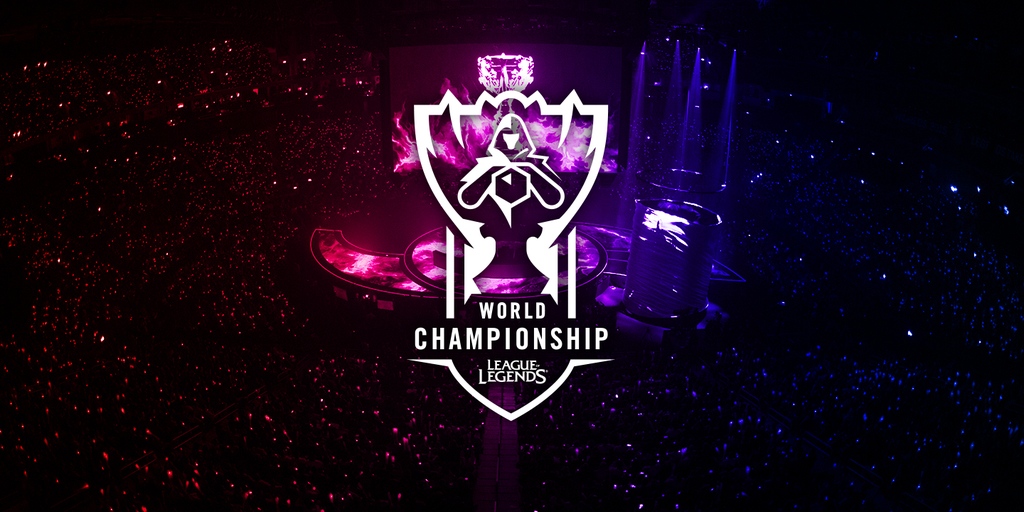The four teams advancing to the knockout stages of May’s Mid-Season Invitational (MSI) will earn their region top seeding for Worlds, Riot announced today.
Making it through the group stages of League of Legends’ first international competition of the year in Shanghai will net a top four seed for their region.
In line with this change, those regions failing to field a team through to the playoffs over May 13 to 15 will see a lowered placement at Worlds seeding time, while the total number of teams per region remains the same.
“In previous years, seeding has been subjective; we tried to place teams based on historical precedent, but that wasn’t responsive enough to their current strength,” Riot’s director of esports Whalen Rozelle said in the announcement. “By using the most recent international tournament (MSI) to influence the group seeding, this process should be a lot more meritocratic and transparent.”
The result will be that instead of Pool 1 from the Worlds 2015 seeding structure consisting of the number one team from China, Korea, North America, and Europe, it will now consist of whichever regions reach the final four at MSI.
For instance, if an International Wildcard (IWC) qualifiers team (Japan, Oceania, Turkey, or South-East Asia) were to advance from the MSI groups, they would secure a spot in that first pool. The first pool is an extremely advantageous spot to be in as it avoids playing against the three other strongest teams at this first checkpoint of the season during groups.
An upset like the above would also result in regions being bumped down a pool as their first seed is denied a spot at the top table.
This does not guarantee the teams that win at MSI a spot at Worlds, they must still continue to perform through the Summer Split, but it does set the region hierarchy for the year’s biggest tournament.
“One of our goals is to have seeding at Worlds be more representative of regional strength,” Rozelle continued. “This helps to do that in two ways: it rewards the top four regions appropriately (giving LMS and IWC the chance to earn a spot that they’ve historically not been granted), and provides a bit of flexibility within Pools 2 and 3 to give IWC more than the all-or-nothing shot at a Pool 1 berth.”

